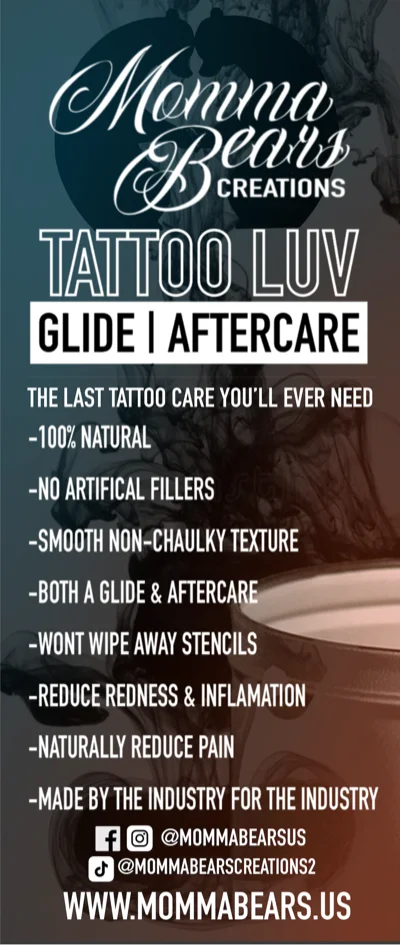Introduction to the Therapeutic Potential of Tattoos
Tattoos have long been a powerful form of self-expression and healing, with a rich history that spans thousands of years. From ancient civilizations to modern times, tattoos have played a significant role in various cultures, serving as a means of spiritual, emotional, and physical transformation. In recent years, there has been a growing recognition of tattoos as a legitimate therapeutic tool, with many individuals turning to tattoos as a way to cope with trauma, grief, and mental health challenges.
The therapeutic potential of tattoos lies in their ability to provide a tangible representation of one’s experiences, emotions, and personal growth. By permanently marking the body, tattoos can serve as a constant reminder of one’s journey, providing a sense of closure, empowerment, and self-awareness. As we explore the power of tattoos in personal healing and self-discovery, it’s essential to understand the complex psychological, emotional, and cultural factors that underlie this unique form of expression.
The Psychology of Tattoos and Personal Identity
Tattoos can profoundly influence an individual’s self-perception, body image, and personal narrative. By choosing to permanently mark their body, individuals can reclaim their sense of agency, autonomy, and self-expression. Tattoos can also play a significant role in identity formation and transformation, serving as a visual representation of one’s values, beliefs, and experiences.
Research has shown that tattoos can have a positive impact on an individual’s self-esteem, confidence, and overall well-being. For example, a study published in the Journal of Body Art and Modification found that individuals with tattoos reported higher levels of self-esteem and body satisfaction compared to those without tattoos. Moreover, tattoos can provide a sense of belonging and connection to a particular community or culture, which can be especially important for individuals who have experienced feelings of isolation or disconnection.
Tattoos as a Catalyst for Healing and Self-Discovery
Tattoos have been used as a catalyst for healing and self-discovery in various contexts, including trauma, grief, and mental health challenges. For example, many individuals have used tattoos to commemorate the loss of a loved one, providing a tangible way to process their emotions and find closure. Others have used tattoos to symbolize their journey towards recovery, serving as a powerful reminder of their strength and resilience.
The tattooing process itself can also be therapeutic, providing a safe and supportive environment for individuals to express themselves and confront their emotions. Many tattoo artists have reported that their clients experience a sense of catharsis during the tattooing process, which can be attributed to the release of endorphins, the tactile sensation of the tattoo needle, and the emotional connection to the tattoo design.
The Symbolism and Meaning Behind Tattoos
Tattoos are often rich in symbolism and meaning, with different designs and images holding various significance for different individuals. When choosing a tattoo design, it’s essential to consider the personal symbolism and meaning behind the image, as well as its cultural and historical context.
Some common tattoo symbols and their meanings include:
- Semicolons: representing hope, resilience, and continuity
- Infinity symbols: representing eternity, unity, and wholeness
- Phoenixes: representing rebirth, transformation, and renewal
When selecting a tattoo design, it’s crucial to work with a reputable and sensitive tattoo artist who can help guide you through the process. A good tattoo artist will take the time to understand your personal story, values, and intentions, ensuring that your tattoo design is meaningful and authentic.
Real-World Applications and Success Stories
Many tattoo artists have specialized in therapeutic tattoos, working with clients who have experienced trauma, grief, or mental health challenges. For example, Dr. Pepper, a renowned tattoo artist, has worked with numerous clients who have used tattoos as a tool for healing and self-discovery.
One notable example is the story of Sarah, who used tattoos to cope with the loss of her mother. Sarah’s tattoos served as a tangible way to process her emotions and find closure, providing a sense of comfort and solace during a difficult time.
Best Practices for Using Tattoos as a Tool for Healing
When using tattoos as a tool for healing, it’s essential to approach the process with care and consideration. Here are some best practices to keep in mind:
- Find a reputable and sensitive tattoo artist: research the artist’s experience, read reviews, and ask questions about their approach to therapeutic tattoos
- Prepare for the tattooing process: take care of your physical and emotional well-being, and plan for adequate time to rest and recover
- Integrate the tattooing experience into a broader healing practice: consider combining tattoos with other therapeutic modalities, such as therapy or meditation
Troubleshooting and Considerations
While tattoos can be a powerful tool for healing and self-discovery, there are potential risks and complications to consider. These include:
- Cultural appropriation and sensitivity: be mindful of the cultural context and significance of tattoo designs, and avoid appropriating symbols or imagery that are not your own
- Aftercare and maintenance: prioritize proper aftercare and maintenance to ensure the longevity and health of your tattoo
- Potential risks and complications: be aware of the potential risks associated with tattoos, such as allergic reactions or infection
Conclusion and Future Directions
The power of tattoos in personal healing and self-discovery is a complex and multifaceted topic, with a rich history and cultural significance. As we continue to explore the therapeutic potential of tattoos, it’s essential to approach this topic with sensitivity, respect, and an open mind.
If you have a personal experience with tattoos and healing, we encourage you to share your story with us. Your insights and perspectives can help inspire and support others who may be considering tattoos as a tool for healing and self-discovery. Let’s continue the conversation and explore the transformative power of tattoos together!

